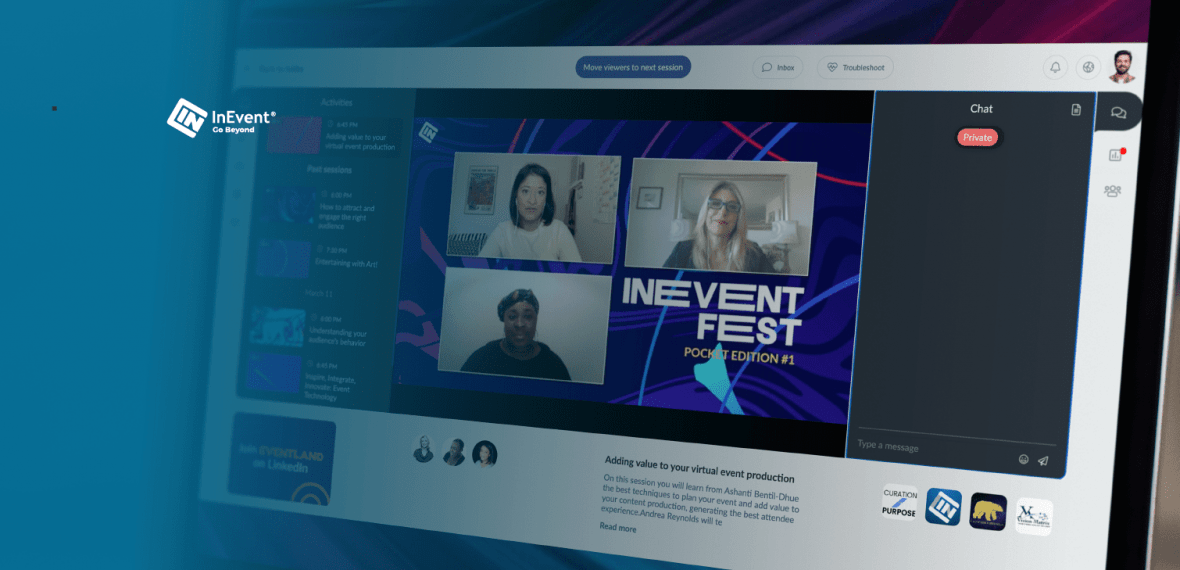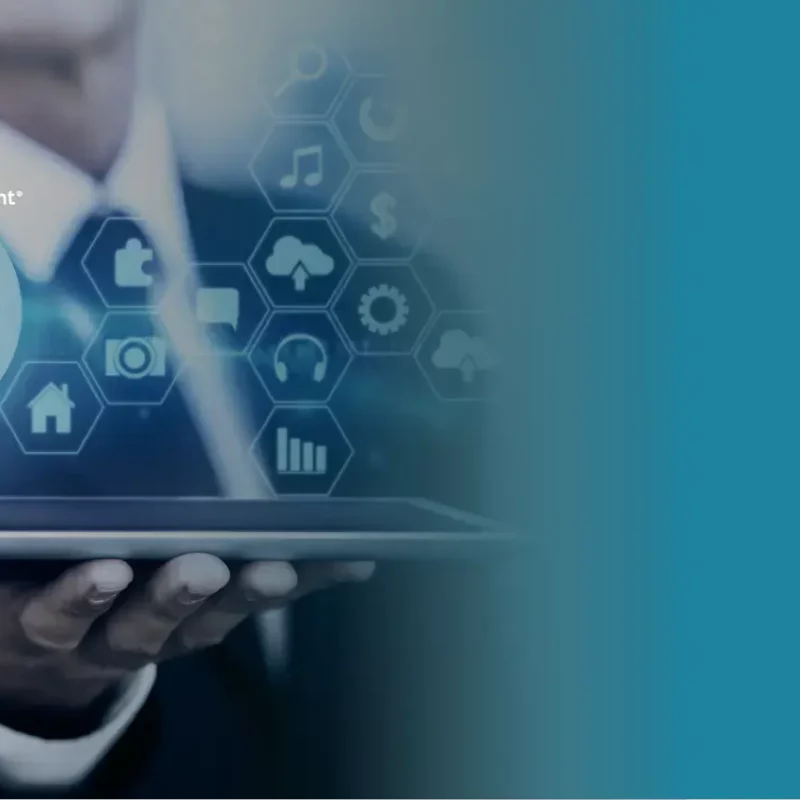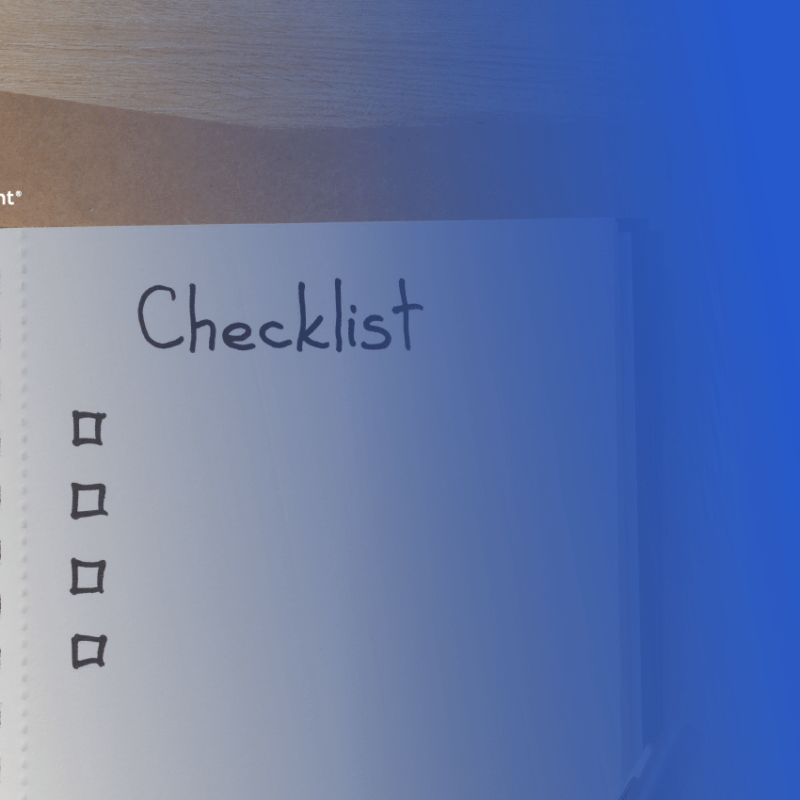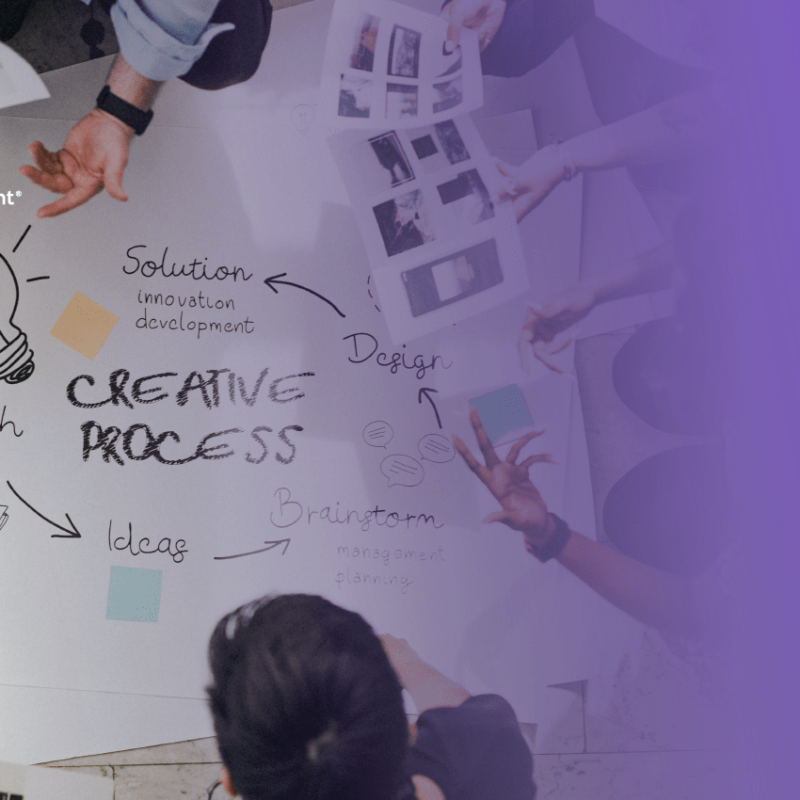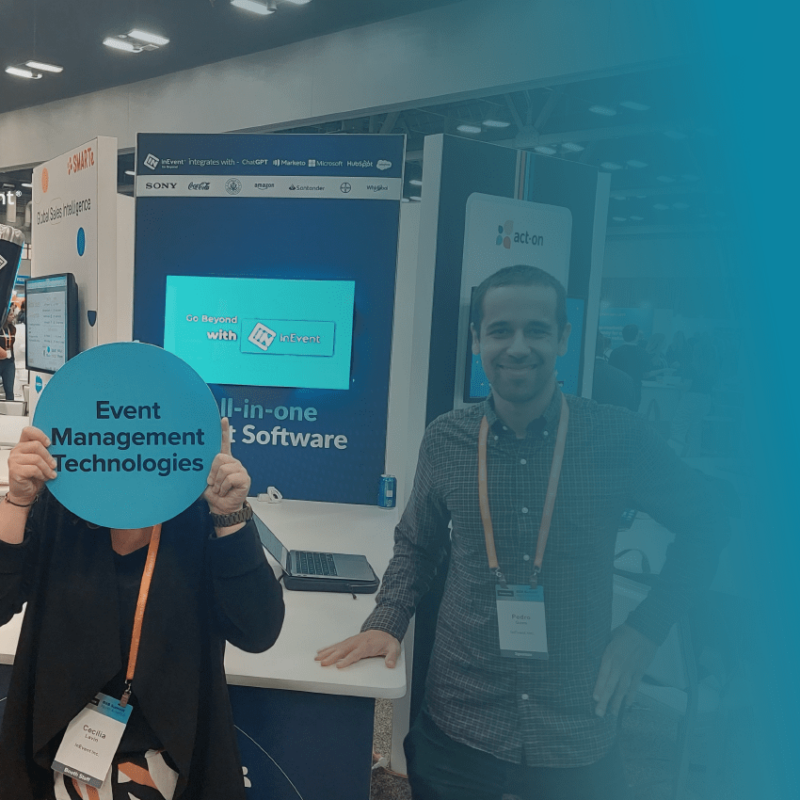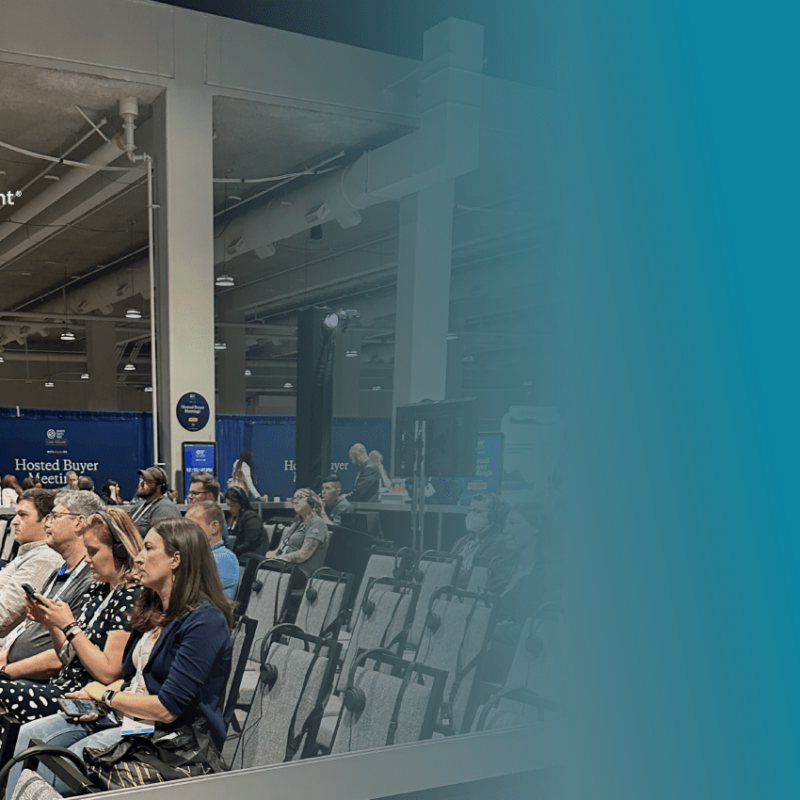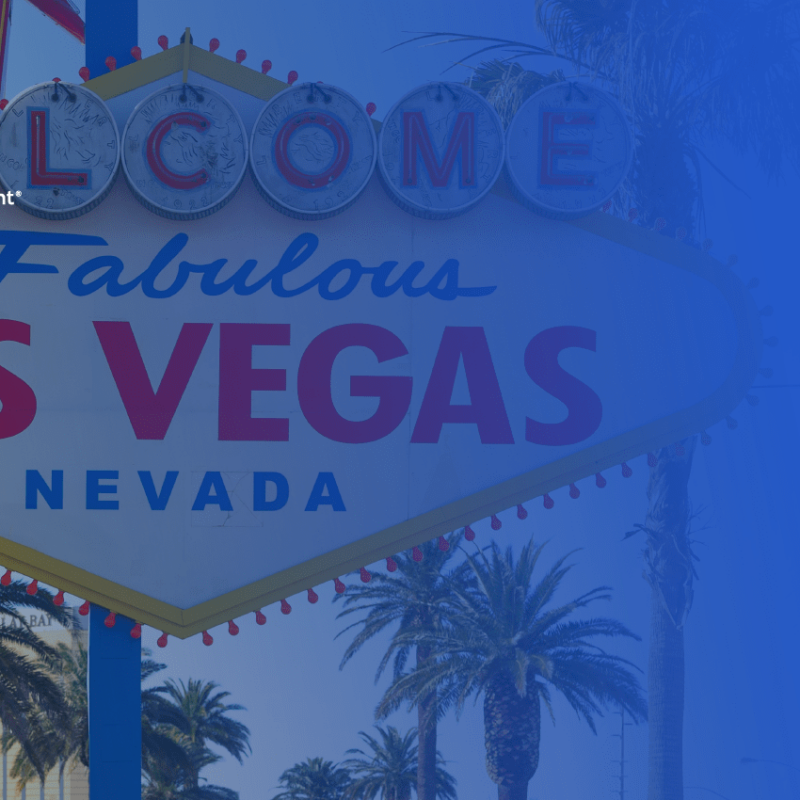How to Gather and Use Insights From Virtual Event Attendees
Virtual conferences are quite easy to plan and host. You don’t need the rigorous planning for the venue, equipment, human resources, and other things that you’d typically need in a physical event. That’s why nearly half of B2B marketers in a survey reported holding 20-30 virtual events every year.
More importantly, the digital nature of virtual events makes it possible to combine them with other digital strategies. One great way is using virtual events to gather valuable insights into your audience’s characteristics and behavior, and use them in other strategies.
By creating a sense of community in your events, you can increase engagement. Then using some tried-and-tested tactics you can go about gathering (and using) attendees’ insights in your strategy. Let’s see how they can do this.
How to gather and use audience intelligence via virtual event marketing
To have an effective audience intelligence strategy, you first need to truly connect with your audience. This eliminates the barrier for participating in your strategy. Here are some tactics to connect with your audience and implement your audience intelligence strategy.
Use QR codes to connect with your attendees
QR codes serve as a powerful tool for event organizers. Using QR codes throughout virtual events, you can :
- Streamline the check-in process
- Collect feedback and real-time engagement data to monitor attendees’ sentiment, and discover their thoughts and feelings
- Observe the audience’s level of interest toward varying speakers, themes, and topics
- Easily capture and nourish leads
Real-time engagement metrics include important information like the number of people who have logged in, daily-logging data in multi-day events, new users vs. active users, and so on. Following these metrics throughout events can help you identify positive and negative elements of the event experience. If, for instance, the drop-off rate skyrockets on the 3rd day of a 3-day webinar program, you can use that information when planning your next event.
Other metrics such as speaker rating, profile reviews, the number of notes taken in each session, the download number of the on-demand session replays, and more tell you about your audience’s interest toward different topics, speakers, and event structures.
Of course, you can reach these goals without using a QR code. Yet QR codes make processes seamless for everyone, easily connects marketing channels, and helps you combine the digital and physical worlds.
By creating a simple QR code, you can instantly relocate people from the physical world to your digital pages. You can use a code that sends people to product pages, to a speaker’s website, or to a relevant landing page that can grab their attention. Or, it can send the visitors to a page where they can book a meeting with your sales agents. If you’re launching new features soon, a QR can redirect people to an early-access submission form..
QR codes are here to stay. Consider them as bridges between a brand and its audience—or physical and digital worlds. Make use of them across your campaigns to connect with your audience and streamline processes.
Benefit from interactive elements and gamified narratives
Interactive presentations are more interesting and engaging than others. Modern day event management platforms come with interactive elements and gamification tools such as quizzes, trivia games, and scavenger hunts and can easily engage your audience. Brands can leverage these tools for several purposes such as gathering attendees’ insights.
For example, you can create a scavenger hunt using hidden QR codes placed in different parts of the event. At the introduction part, the host can explain the rules of the game to the attendees: The QR codes would go to a question attendees would need to answer to pass each step.
The questions can focus on collecting demographic data such as age, marital status, income level, and so on. Or they can revolve around industry and brand-related topics, such as how they rate your brand in several aspects.
Group trivia challenges, interactive personality quizzes, and scenario-based games can also help you collect information about attendees. A personality lifestyle quiz, for instance, can come handy when creating buyer personas.
You can basically ask your attendees anything relevant to your business, if you can make it in a fun, engaging way. And you have a secret weapon. These challenges can offer rewards to the game leaders, who make the greatest contribution. The prize can be early access to a new feature, a 1:1 session with your strategic consultants, or anything that won’t hurt your budget.
Take Adobe’s MAX conference, for instance. Adobe MAX is an annual creativity conference that brings together users, creative professionals, and industry experts. The conference is designed to promote collaboration, knowledge-sharing, and creativity in the Adobe community worldwide.
Throughout the conference, Adobe successfully encourages attendees to take on quests, play games, join interactive workshops and exhibits. MAX Quest, for instance, is a challenge where attendees compete to earn badges and various rewards. Attendees earn points and by exploring different interactive modules, sessions, and exhibits.
By incorporating gamification into this industry-leading conference, the tech giant reaches several objectives in once:
- Collecting information about attendees
- Offering an enjoyable and intriguing experience that drives loyalty
- Keeping the pulse of the industry trends
- Helping the audience explore cutting-edge features of Adobe products
Incorporate interactive elements to your virtual events. They will turn your ideas and event themes into memorable, lifelike experiences.
Send targeted email sequences to attendees
As more people start attending your events, you’ll have a large database to create sophisticated marketing campaigns. You’ll not only capture leads, you’ll also be able to nurture them with tailored content.
People who attend your events have different levels of awareness around your products and services.
Some of the topics will appeal to newbies and young professionals who are at relatively lower levels of awareness. While others will pursue complicated, technical topics for skilled managers, existing customers, and industry experts. When you get in touch with any of these audience segments, you have to deliver targeted content that’ll drive them through the awareness funnel.
One effective way to give your audience a little nudge in the right direction is sending them targeted email sequences. Email sequences come very handy in:
- Inviting low-awareness attendees to join more virtual events, visit informational landing pages and social channels, read your business blog, etc. Having well-designed email blasts is extremely important for top-of-the-funnel email marketing.
- Driving retention and loyalty from high-awareness audiences by offering 1-on-1 sessions with your sales agents, special discounts, strategy advice, and more.
- Keeping your community alive with content and a schedule that is engaging but not overwhelming
Email marketing is cheap and effective. Connect your event management software to your email marketing solution. Make use of your event management platform’s analytics and reporting modules to create well-targeted email marketing campaigns.
Facilitate networking during the events
If you’re serious about building your brand’s community, you have to foster networking and collaboration. Because today’s consumers expect you to do so. Modern consumers expect brands to be the bridges between people from different backgrounds.
There are many advantages to helping connect the people who attend your virtual events. You can create exclusive event groups on social media, Discord channels with people who share similar interests, or customer support groups using tools like Google Groups. These networking opportunities will encourage attendees to share crucial insights including their ideas, interests, pain points, and feelings toward your brand.
Plus, event management tools come with useful functions like 1:1 meetings, breakout rooms, group challenges, Q&A sessions, and more. Use these features to encourage attendees to meet your team members and each other. Make them feel comfortable enough to share opinions, ask for help, and deepen their relationship with your community.
When you manage to be that bridge, people grow closer to your brand, and develop a sense of belonging to your community.
Create a knowledge hub
From a broader perspective, all your event marketing efforts contribute to an important cause. When you continuously hold events, more people attend your events to learn about your industry and connect with experts and peers. In a sense, you become an authority figure in your niche. The thought leadership position—which is not easy to grasp—translates into more sales and revenue over time.
To support that ideal, you also need to offer insightful content in various forms. And creating a knowledge hub is the perfect way to do that. Knowledge hubs are training portals where you host a library of educational content regarding your area of expertise. You can share on-demand video series, blogs, certification programs, quizzes, and other training material in your knowledge hub.
If you can’t decide on which topics to cover, looking at past event data is a great start. The topics, learning methods, or interactive experiences that worked well in your past events can give you a pretty good idea about how to design your knowledge hub.
By connecting your CRM or marketing management software to your event management software, you’d be able to trace attendees’ journeys individually, and see how they interacted with different topics, hosts, and speakers. Since CRM also shows transactional data, you’d know which events/topics/themes brought in the high-quality leads, and customers with higher LTV.
Offer attendees’ personalized experiences
Using some level of personalization in your event management strategy is critical in the digital age. Personalized experiences are more effective in helping attendees gain valuable insights, network with the right people, and achieve their desired outcomes from the event. Overall, they are more likely to provide a greater return on investment for attendees.
You can, for instance, create tailored event agendas for attendees. Instead of following the standard schedule, attendees can join sessions you’ve handpicked for them based on their interests and preferences. This way, you can help them make the most of their time and resources by taking part in activities and sessions that’ll contribute to their goals.
Or, you can use a networking solution. Networking software helps you connect people who share similar interests, backgrounds, industries, or objectives. When they attend your events, it increases the likelihood that they find strategic collaboration, growth, and partnership opportunities.
Make use of technology and data-driven approaches to deliver personalized experiences. Create an environment that fosters meaningful connections, maximizes learning opportunities, and ensures overall attendee satisfaction. As your audience will continue to receive relevant connection opportunities and content, they’ll be more comfortable sharing their data with you in the future.
Finally
Virtual events are great opportunities for gathering and using audience insights. They’re community oriented so by creating engagement and trust you can get your audience to be more open about themselves. Moreover, the digital nature of these events makes it possible to use various digital tools and funnels to gather and use audience insights.
QR codes, interactive elements, personalized email marketing, networking tactics, knowledge hubs and personalized experiences are some of the ways to gather and use audience insights in virtual events.
